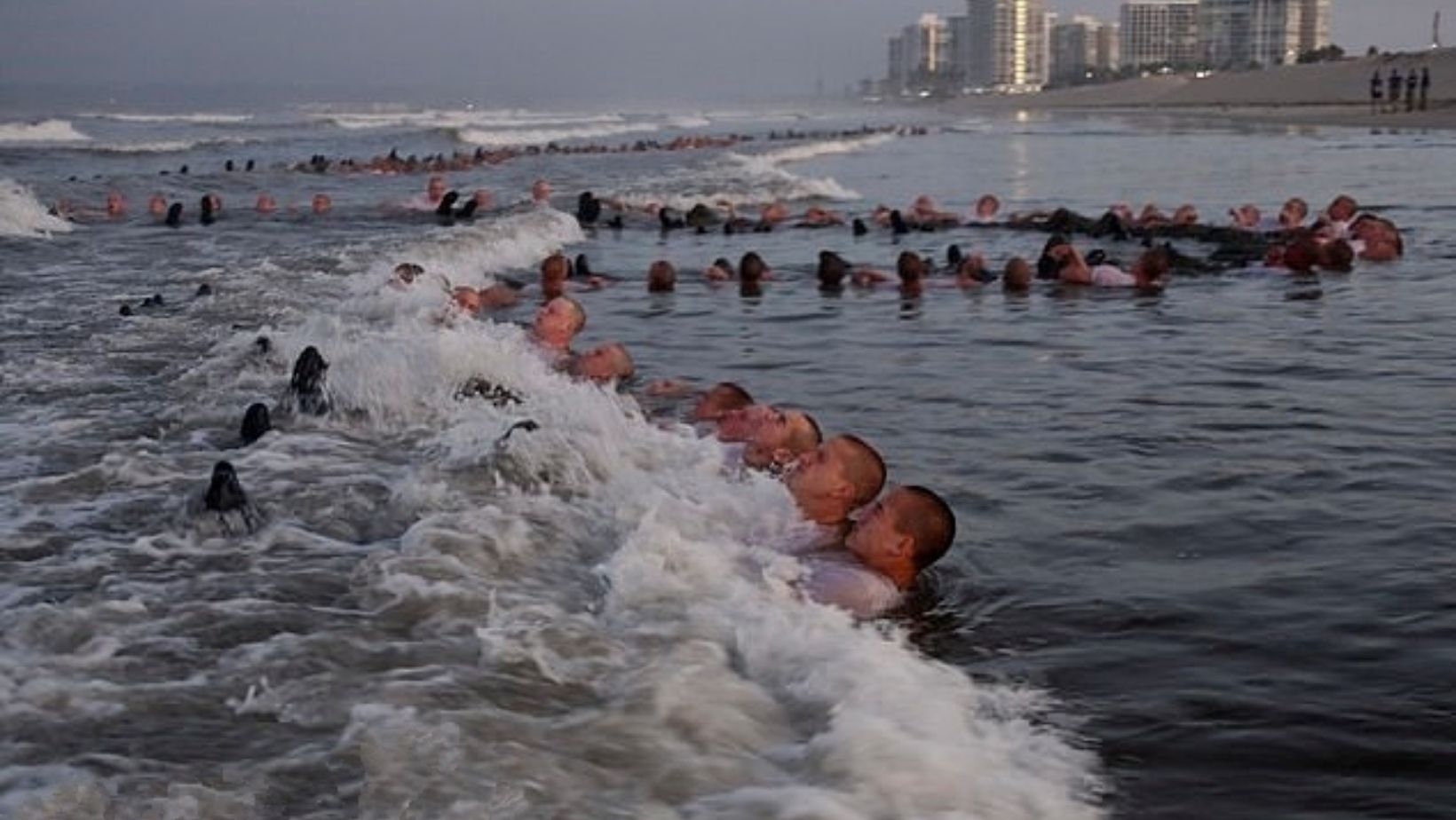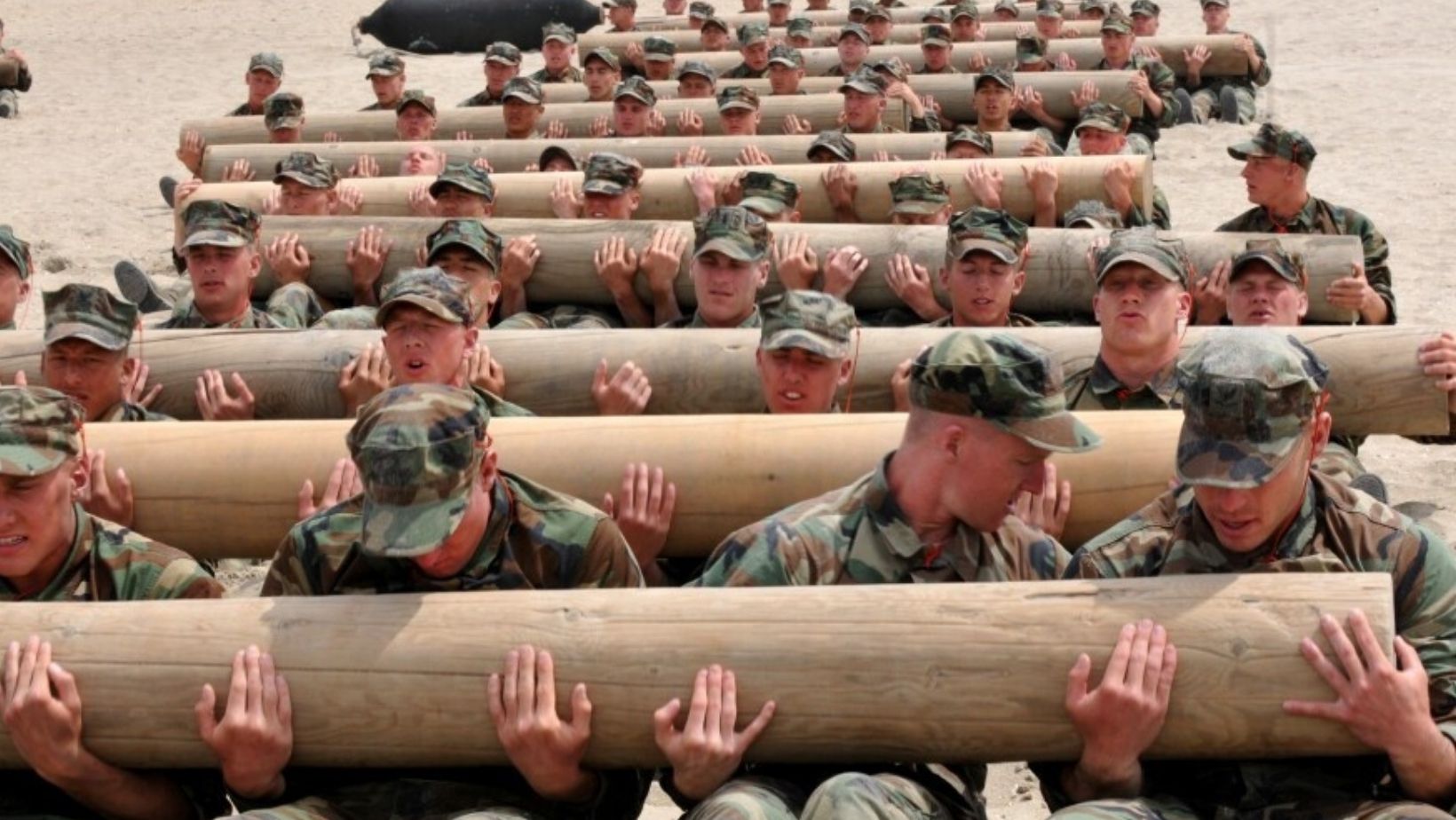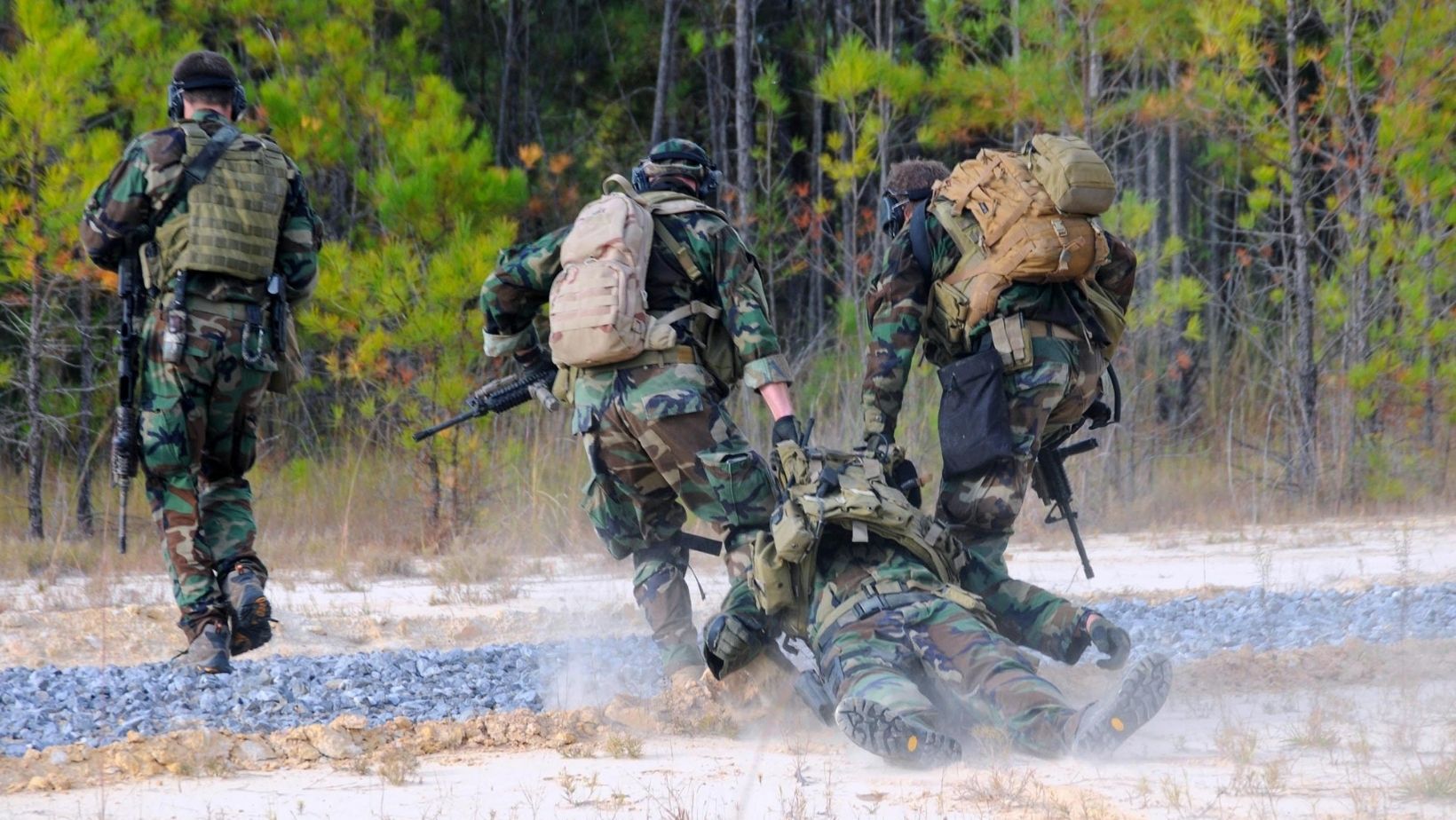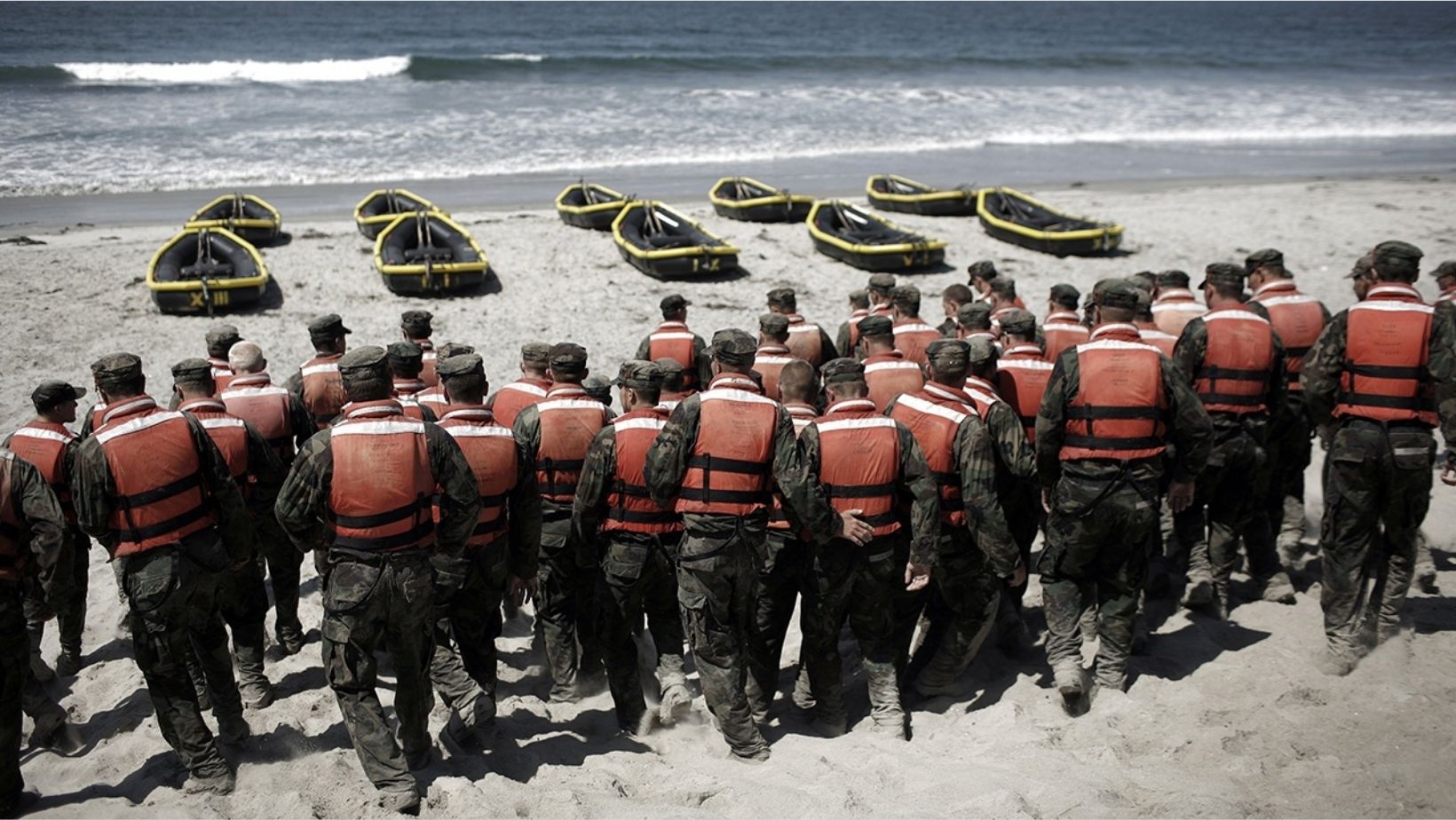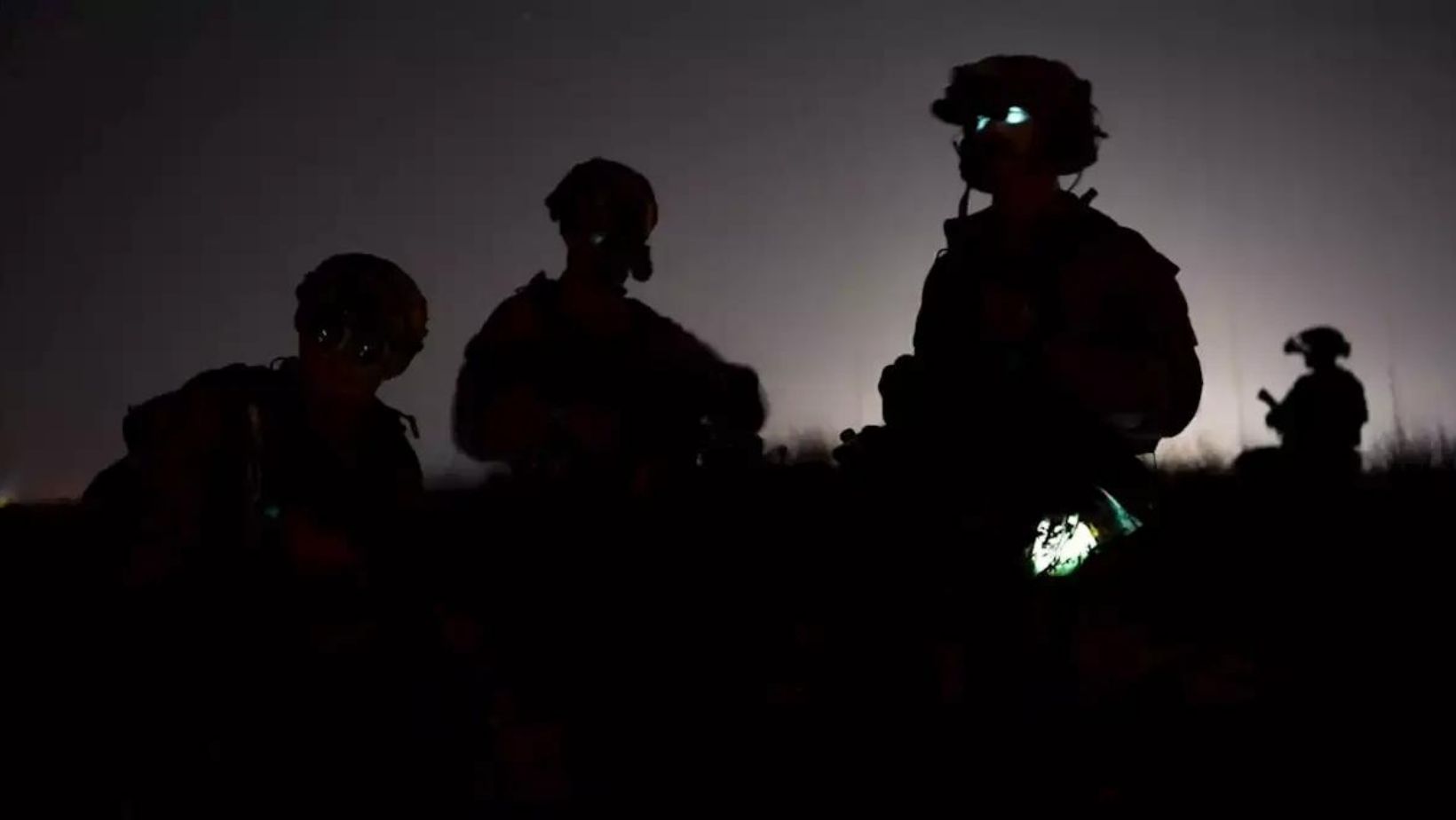Navy SEAL candidate dies just hours after completing Hell Week test while the second sailor was hospitalized.
Two Navy SEAL candidates were rushed from the hospital after feeling ill on Friday hours after both candidates successfully completed the grueling phase of the Hell Week training for one of America’s most elite military units.
Both sailors were rapidly taken to the local hospitals hours after they began showing symptoms of illness.
Commander of the Naval Special Warfare Command Rear Adm. H.W. Howard III said in a statement: “On Sunday, the Navy identified Seaman Kyle Mullen, 24-years-old, of Manalapan New Jersey, as the SEAL candidate who died. We extend our deepest sympathies to Seaman Mullen’s family for their loss.”
Kyle Mullen, a 24-year-old from Manalapan, New Jersey, was taken to Sharp Coronado Hospital in Coronado, California, after displaying “symptoms” following his completion of the brutal training. The officials said that the cause of death remains under investigation.
Mullen was assigned to the Naval Special Warfare Basic Training Command in San Diego. On Friday Mullen was pronounced dead at 5:42 pm on Pacific Standard Time. Officials said that the name of the hospitalized SEAL candidate was not released, but he’s already in stable condition at Naval Medical Center in San Diego.
SEAL candidates go through 24 weeks of training throughout five phases including a physical training test, obstacle courses, extensive swimming and running, combat diving, land warfare training, and other physically difficult tests.
Hell Week is the most famous end to the 1st phase of BUD/S training where sailors who want to be SEAL’s someday are pushed to the limit of their physical and mental exhaustion through a series of intense training. More than half of the candidates who go through Hell Week do not complete the grueling week of training that allows them to continue on through the six months of the training.
The Navy has already released their statement saying: “Both Sailors were not actively training when they reported symptoms and were transported to receive emergency care.”
Eric Oehlerich, a retired SEAL and ABC news contributor said: “SEAL training takes you beyond your personal limits. It’s designed to push you beyond your perceptions of what is possible, breaking the glass ceiling of what you are capable of both mentally and physically.”
He continued: “I believe the difficult training for prospective SEALs is carried out within proven medical boundaries and run by highly trained professional instructors, but I acknowledged that there is risk involved in all types of military training.”
“From-time-to-time training fatalities do occur. Although tragic adhering to training curriculum keeps SEALs alive in combat. It is necessary, it can’t be diluted. Condolence to the family of the trainee. They’ll always be a part of the community and we will always be there as able,” he added.
The last incident where a Navy SEAL candidate died was during BUD/S training. It was a 21-year-old Seaman James Lovelace, a candidate who drowned in a pool during his first week of training in May 2016. After his drowning, the Navy institute released additional safety protocols to the swimming program.
His death was initially ruled a homicide by the San Diego County Medical Examiner. An autopsy revealed he had an enlarged heart that contributed to his death, and that he also had an abnormal coronary artery, which has been associated with sudden cardiac death, especially in athletes. It was unclear from the autopsy report how much Lovelace’s heart abnormalities contributed to his death.
The latest death also comes just two months after a Navy SEAL commander died from injuries he suffered during a training accident in Virginia. Cmdr. Brian Bourgeois, 43, fell while fast-roping down from a helicopter, and he died several days later.
NBC News reported that the Navy Produces around 200 to 250 SEALs a year. In the last two decades, 17 have died during the training.
The Navy’s Seals unit was formalized by President John F Kennedy in 1962 after military leaders flagged the need for a highly trained maritime force to respond quickly to escalating situations or to conduct special operations.
Recommended Video For You!
Dog Rescued By A Police Officer After Being Tied To A Moving Truck



